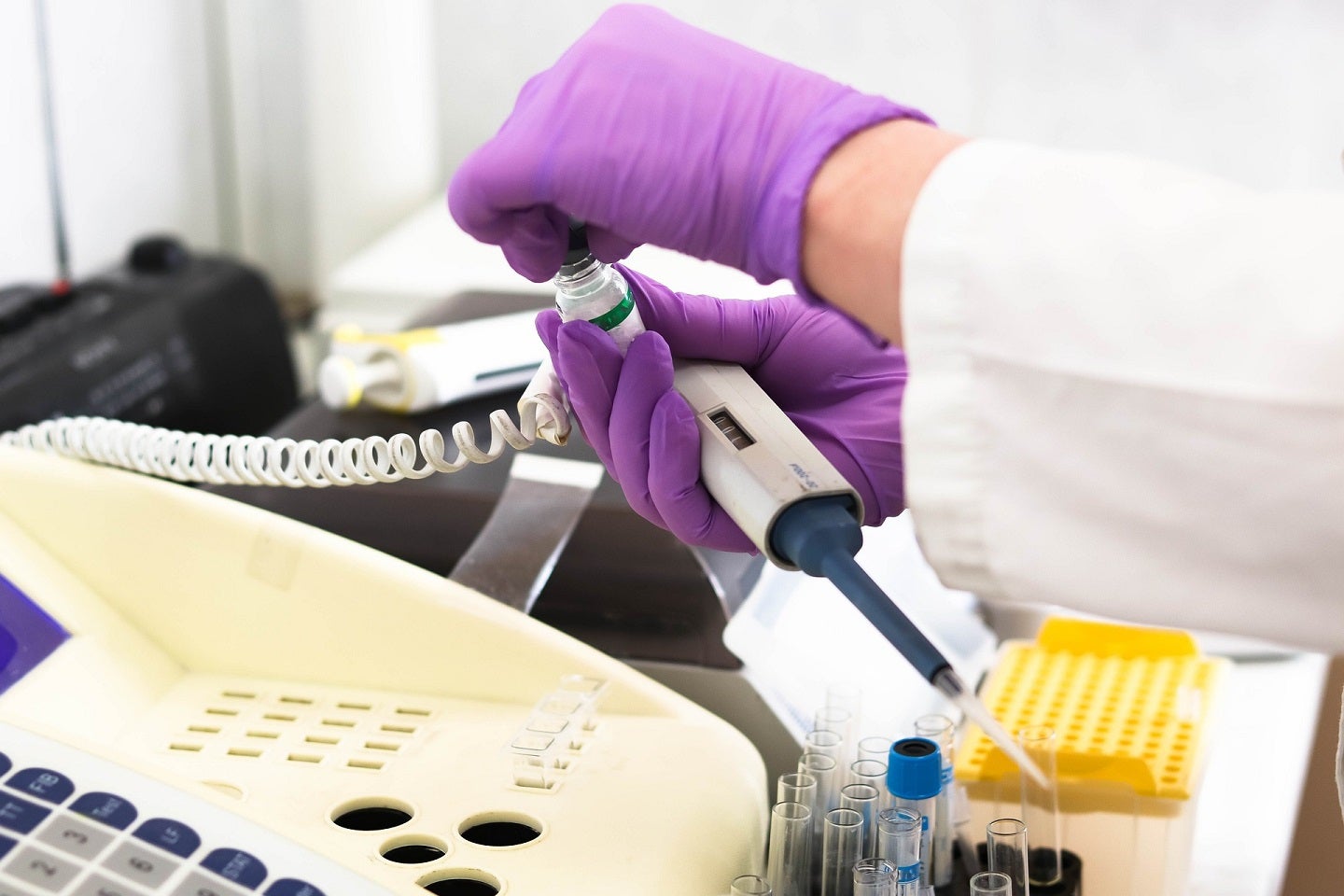
Avistone Biotechnology has reported interim data from its ongoing Phase l trial of PLB1004 to treat patients with advanced non-small cell lung cancer (NSCLC).
The multi-centre, open-label, dose escalation and expansion trial has been carried out in China.

Discover B2B Marketing That Performs
Combine business intelligence and editorial excellence to reach engaged professionals across 36 leading media platforms.
It has been designed to evaluate the safety, tolerability, pharmacokinetics, and anti-tumour effect of PLB1004, given orally to the targeted patients.
Its primary objective is to examine the safety profile of PLB1004 and find out the RP2D of the molecule.
As of the data cut-off date of 31 July 2022, altogether 65 patients were treated with PLB1004, which is a mono-aniline-pyrimidine small molecule inhibitor of EGFR.
The dose escalation portion of the trial began at 10mg QD to a maximum dose of 480mg QD in 11 cohorts of patients.

US Tariffs are shifting - will you react or anticipate?
Don’t let policy changes catch you off guard. Stay proactive with real-time data and expert analysis.
By GlobalDataUntil the cut-off date, dose expansion was carried out at two dose levels, including 320mg QD and 400mg QD.
The median age of the patients is 58 years old, with the majority of them being women having adenocarcinoma and good performance scores.
The most common treatment-related adverse events were found to be diarrhoea, rash, mouth ulceration, raised serum creatinine and increased aspartate aminotransferase.
Avistone did not find any dose-limiting toxicities (DLTs) at any dose level and hence could not confirm a maximum tolerated dose (MTD) during cycle one of drug administration.
The trial’s primary investigator from Guangdong Provincial People’s Hospital Jin-Ji Yang said: “PLB1004 appears to be safe and well-tolerated with promising anti-tumour activity in patients with NSCLC harbouring EGFR exon 20 insertion mutations.”





